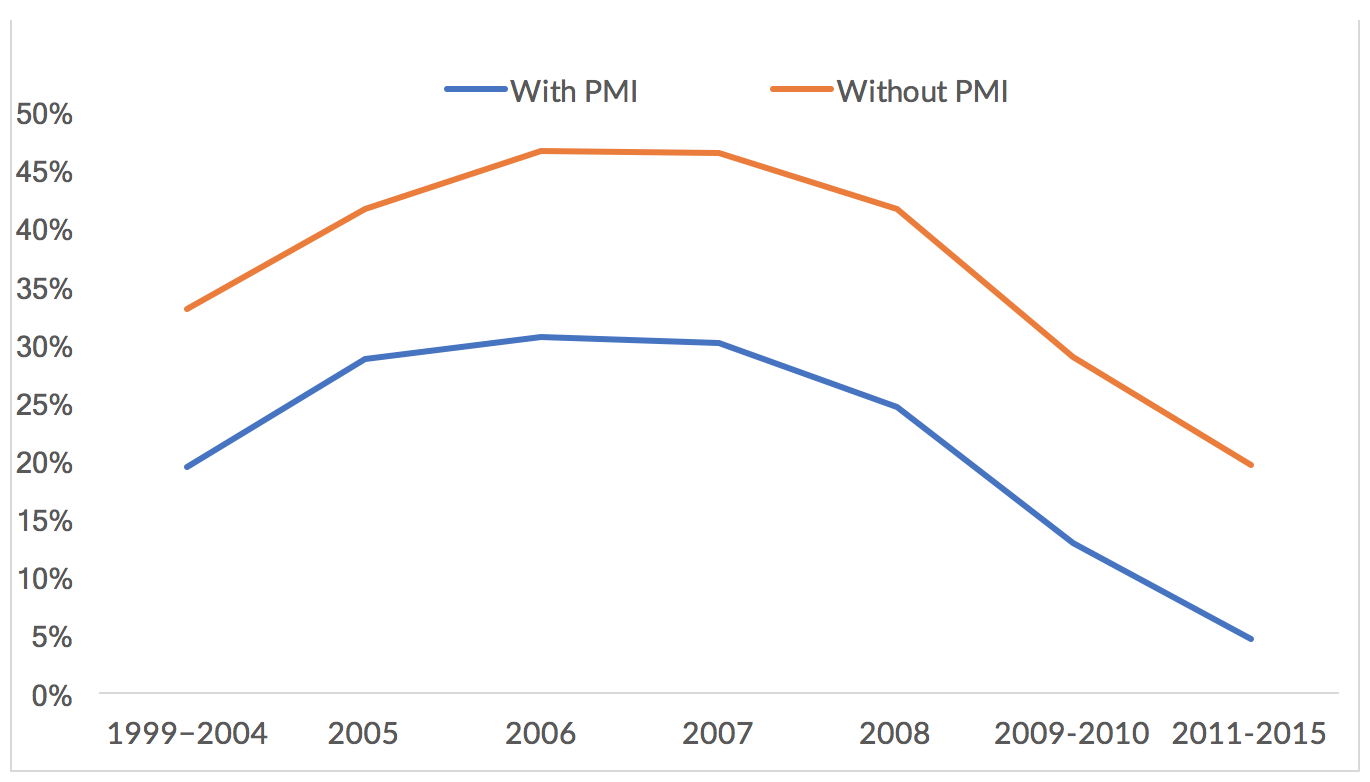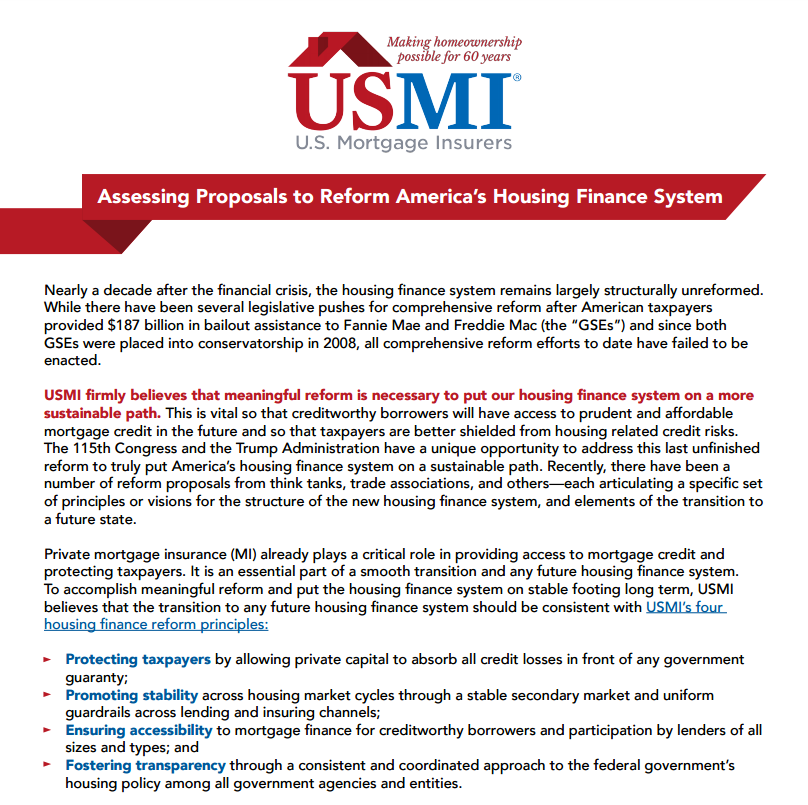By Lindsey Johnson
What was the driving force in 1957 that led to the inception of private mortgage insurance (MI)?
While the late 1950s was a time of great economic prosperity, the devastating effects of the Great Depression and World War II still impacted how financial institutions viewed risk. These institutions were leery of issuing mortgages with less than 20 or 25 percent down, unless the Federal Housing Administration (FHA) insured them. However, the red tape, expense, and regulations involved in working with the FHA made it impractical for many banks to lend and served as a barrier to homeownership for many low- to moderate-income borrowers. As a result of the precarious mortgage lending situation, a real estate attorney based in Milwaukee, WI named Max Karl sought a way to allow banks to more efficiently serve borrowers with low down payment loan options by insuring home loans with private MI. To do this, Karl founded Mortgage Guaranty Insurance Corporation (MGIC) and the rest is history.
Since 1957, how has private MI helped support homeownership?
Having mortgage insurance makes originating high loan-to-value (LTV) loans safer for the financial institutions we serve, allowing them to reduce their risk and lend to credit-worthy borrowers who bring less than 20 percent down to the table. This allows borrowers to become homeowners sooner than would otherwise be possible. It also allows homeowners to build the kind of long-term wealth that comes with having equity in a home.
Why should borrowers consider private MI?
I encourage borrowers to thoroughly explore all home loan options when buying a home; being well informed is the key to making the best choice based on one’s individual needs. That said, private MI offers an affordable and sustainable low down payment path to homeownership. What’s more, unlike some other low down payment programs, private MI automatically cancels once a homeowner reaches 78 percent equity in his or her home (or 80 percent equity upon request) and meets investor and/or Homeowner Protection Act requirements. This benefit of private MI can save homeowners thousands of dollars over the life of their loan.
How does private MI fit into the mortgage finance system?
Simply put, private MI helps reduce risk in the mortgage financing system by putting private capital in front of taxpayers and the federal government. Private MI does this by meeting a requirement established by Congress that low down payment loans sold to the government-sponsored enterprises Fannie Mae or Freddie Mac (the GSEs) have extra credit protection.
If the borrower defaults on their loan and there isn’t enough equity in the home to cover what is owed on the mortgage, private MI is there to offset the loss. With the GSEs in conservatorship and the government effectively guaranteeing the loans assumed on the GSEs’ balance sheets, taxpayers face direct exposure to mortgage credit losses experienced by the GSEs. When private MI is in place, private capital – not taxpayers – cover the first losses on a default up to certain coverage limits.
To give you an idea of what that means in real dollars, the private MI industry has paid more than $50 billion in claims for losses to the GSEs since they entered conservatorship during the 2008 financial crisis
What’s changed in the private MI industry over the past 60 years?
I like to say “this isn’t our father’s MI.” The private MI industry has been through a lot in its 60-year history. Most recently, we learned some valuable lessons during the Great Recession. Prior to that, the industry had never experienced a coast-to-coast collapse in the housing market. It’s true there have been times of great economic hardship during the industry’s history, but nothing as widespread as this most recent economic downturn.
While the private MI industry’s commitment to helping expand homeownership in an affordable, sustainable way remains steadfast, it has incorporated the lessons learned from the Great Recession into how it operates today. This includes the industry’s capital standards and how it views, evaluates, and prices for risk.
These lessons have made the private MI industry a stronger partner with its customers and it is in a great position for the future.
Speaking of the future, what do you see for private MI going forward?
The private MI industry is in the midst of a once in a generation opportunity to positively reform the country’s housing finance system. To do it right, there must be a comprehensive approach to evaluate what the proper role is for the GSEs, FHA, and private capital.
Private mortgage insurers are ready, willing, and able to take on a larger role in housing finance. The industry’s transparent, risk-adjusted capital requirements set it apart from other forms of credit enhancement, and that stability – coupled with 60 years of experience insuring high LTV-residential mortgages – puts it in a unique position to support the expansion of homeownership.
As our county’s leaders continue to explore housing finance reform, it only makes sense for them to consider how they can leverage the private MI industry’s inclusive and scalable business model.












